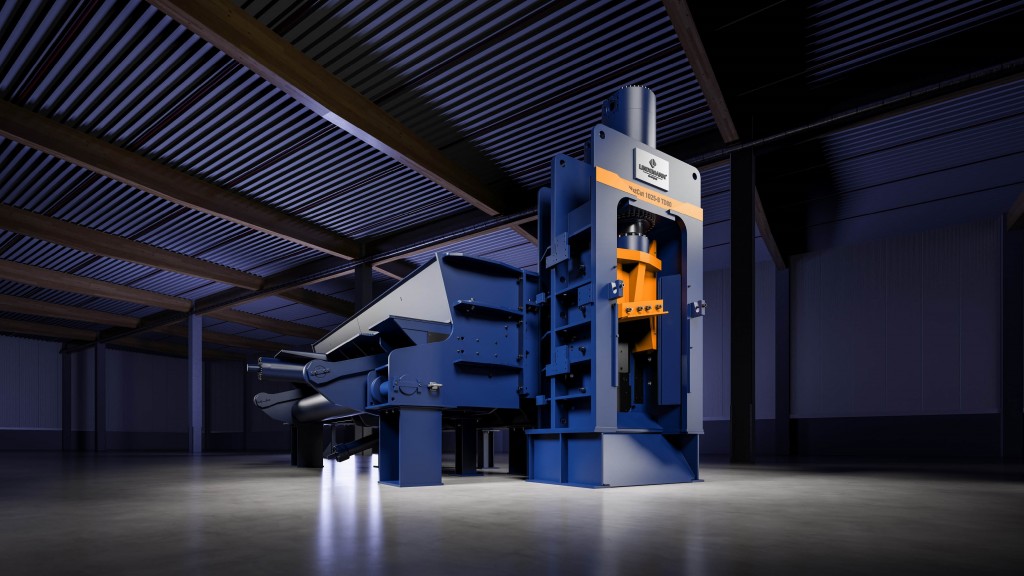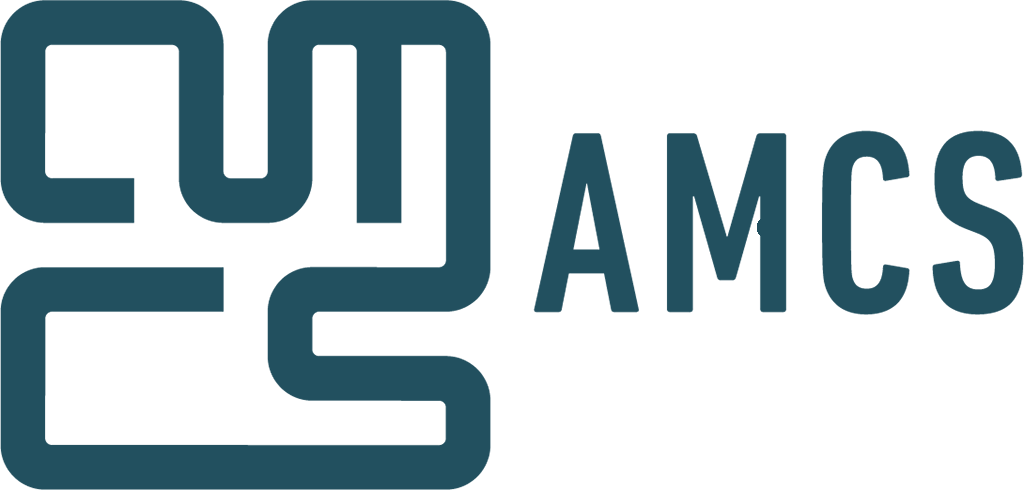Lindemann's new mid-market shear features 1,000 tonnes of force for light to medium-heavy scrap

Lindemann Metal Recycling Solutions has released its NxtCut next-generation hydraulic scrap shear specifically designed for processing moderate volumes of assorted light-to-medium-heavy scrap metal.
The two new major benefits of the shear are its new tank design and technology - which reduces oil volumes by over two thirds - and its energy efficiency, saving up to 72,000 kWh in energy use a year compared to its predecessor.
The NxtCut 1025-8 is Lindemann's successor to its Powercut II shear for medium-heavy, bulky mixed steel scrap, incorporating the benefits of advanced structural analysis. The model is available in TD80 and shorter TD62 configurations. The three standard 110 kW drives can handle up to almost 40 t/h in full stroke operation, and correspondingly less with the shorter version.
If required, the NxtCut 1025-8 can be given an additional power boost with an optional fourth drive. Their 8m or 6.2 m-long charge boxes provide a 2,000 mm-wide and 1,650 mm-deep area in which to deposit scrap, before 250 t of side compression force and 270 t of lid force efficiently compresses it into a package of just 800 x 600 mm.
A fully enclosed, laser-controlled pusher cylinder with 120 t of force then directs the material towards the powerful 800 mm-wide blade and the Lindemann bending bar, which boosts shearing
performance when handling long materials. The shear frame's design features, such as the easy-to-adjust guide rails, provide optimum load absorption to withstand 1,000 t of pressure. This provides maximum protection for the structure of the NxtCut shear frame, which also features easily
replaceable liners, and is the result of an effort to reduce maintenance costs across the entire machine.
An improved wear plate concept includes, for example, the use of higher LINDUR grades to enable cost effective and sustainable operation with maximum reliability. Once plates reach the end of their working lives, the use of stud bolts aids their easy and safe replacement, allowing the NxtCut to return to duty as quickly as possible.
Downtime is further reduced thanks to lubrication being performed automatically across the entire shear. By halving the volume of the hydraulic tank (in accord with the compact design of the hydraulic power unit) maintenance requirements and costs have been lowered further, along with the machine's environmental impact.
The new models reduce unproductive power loss by 35 percent with the use of an efficient hydraulic drive concept that employs 400 bar of operating pressure and magnetostrictive position monitoring of the cylinders for optimized control. In conjunction with the switchable Eco mode, a further reduction in power loss in excess of 33 percent can be achieved.
Due to measures such as using the same pumps for high and low pressure, there is greater parts
commonality in the design of the NxtCut 1025-8. The flexible control of the hydraulic pumps provides exactly the hydraulic power that is required by the system, no more, no less. Minimal energy consumption during idling and an even load on all pumps completes the concept. Along with the relative-stroke and partial-stroke control of blade slide and stamper, several different
cutting modes are optionally available to ensure maximum throughput, with material-specific automatic programs being a particularly useful option.
The Lindemann InDEx production and performance data acquisition tool allows for optimal monitoring and evaluation of the workflow, utilization, and performance of machines, while also providing details of their general health and operating hours. This can all be carried out remotely, with no need for physical access to the operator panel in the optional control cabin. A compact and sturdy design, the basic NxtCut 1025-8 unit measures approximately 6.5 m wide and 6.2
m high, with the TD80 reaching 20.5 m in length, and the TD62 being 16.9 m.
The entire drive unit can either be installed in a pump house next to the machine, or optionally housed in a space-saving manner within a prefabricated container frame, or a fully enclosed container. This reduces the effort required for transport, installation, and commissioning.
The machine can be configured for almost any possible application, courtesy of a wide range of options, such as an extended discharge chute for connecting discharge systems, or scrap discharge and cleaning systems. Tank heating and increased cooling options will promote optimum performance in less temperate regions.



